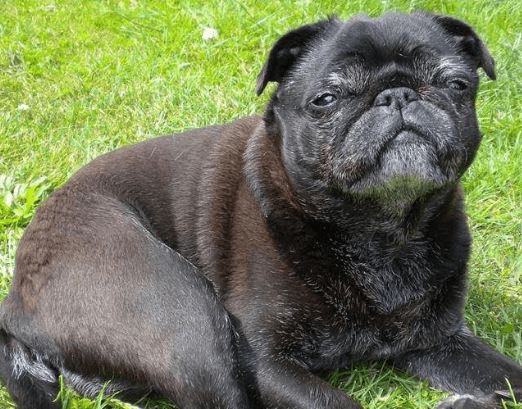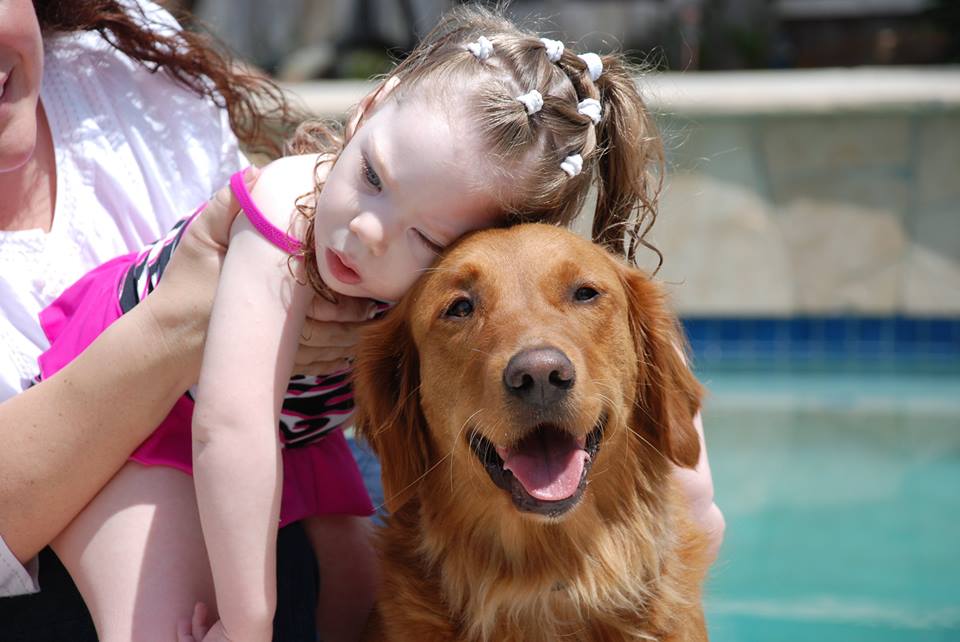The Dog Breeding Reform Group (DBRG) has welcomed moves by the veterinary community calling for action to tackle the serious health issues facing brachycephalic breeds. An online petition launched on Monday has already attracted hundreds of signatures.
Chris Laurence MBE, DBRG Trustee and former veterinary director of the Dogs Trust who has signed the petition, says: “Vets in companion animal practice see dogs with inherited breathing difficulty almost every day and are frustrated that there seems to be no end to the daily suffering of these breeds. The DBRG is delighted that vets are now getting together to highlight the issue and to plead with breeders to stop producing puppies with such malformed heads that they are unable to breathe easily.“

Dr Rowena Packer from the Royal Veterinary College and also a DBRG member, whose main area of research interest is brachycephalic health, believes the petition is good news. “There is clear evidence that short muzzles are linked with several problems of major welfare concern, including not only breathing but also eye, skin and dental disorders,” she says.
“We now need to put this evidence into action and move away from these extreme body shapes for the sake of many thousands of brachycephalic dogs internationally who suffer as a result of their look,” she continues.
DBRG’s founder Carol Fowler says. “In 2008 Professor Steve Jones, of University College London, talked of a ‘universe of suffering’ for many dog breeds. Brachycephalic breeds have the additional burden of a conformation that can lead to a lifetime of suffering.”
The petition’s launch comes days after long-time canine health campaigner Jemima Harrison wrote an open letter to UK vets urging them to put their heads “above the parapet” and make a stand, describing brachycephalic health issues as an “epidemic”.
Brachycephalic breeds have experienced a huge surge in popularity. The Kennel Club has seen a five-fold increase in registrations of pugs since 2005 and a whopping 4000 per cent increase in the numbers of French bulldogs.
The PDSA PAW Report, 2015, states that health issues related to pedigree breeding was the third highest concern of owners relating to pet welfare. “Ordinary pet owners and dog lovers can protest as much as they like but few people listen, especially those with the power to instigate change such as breed clubs and the Kennel Club. Now that vets are daring to speak out, I sincerely hope we will start to see real and meaningful change,” says DBRG’s Carol Fowler.
Enter your email and never miss out on receiving our best articles:









